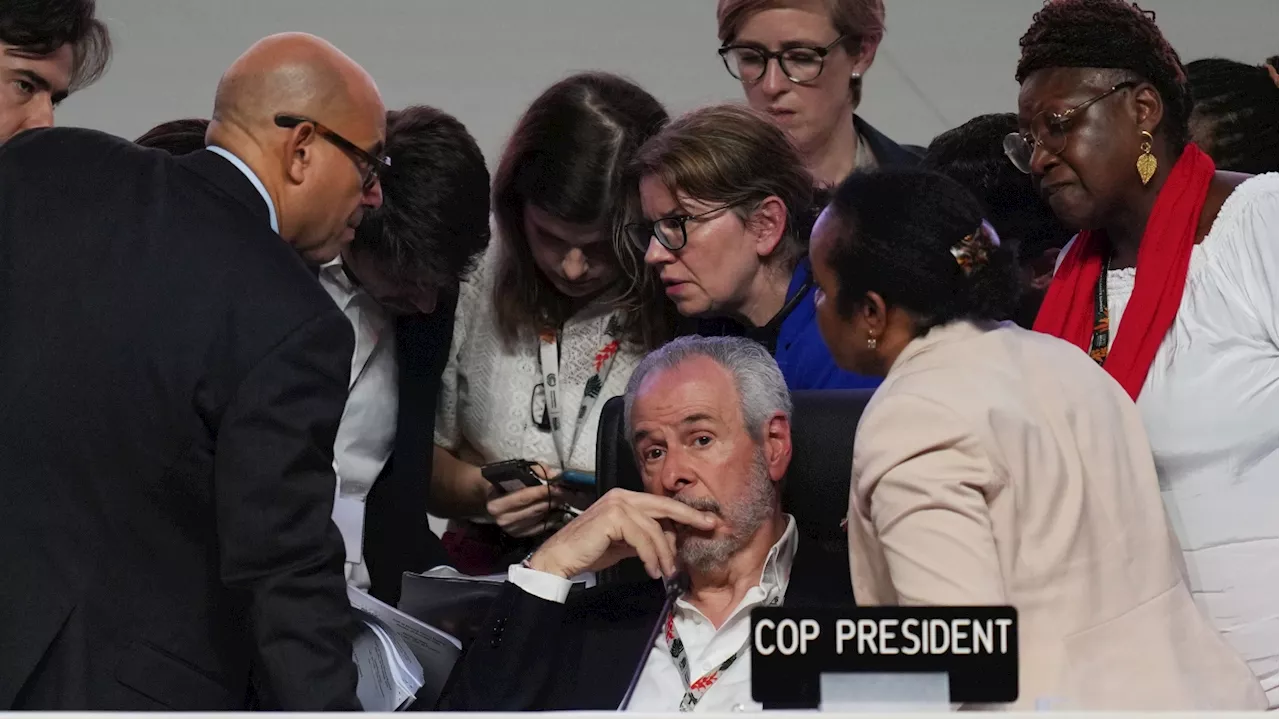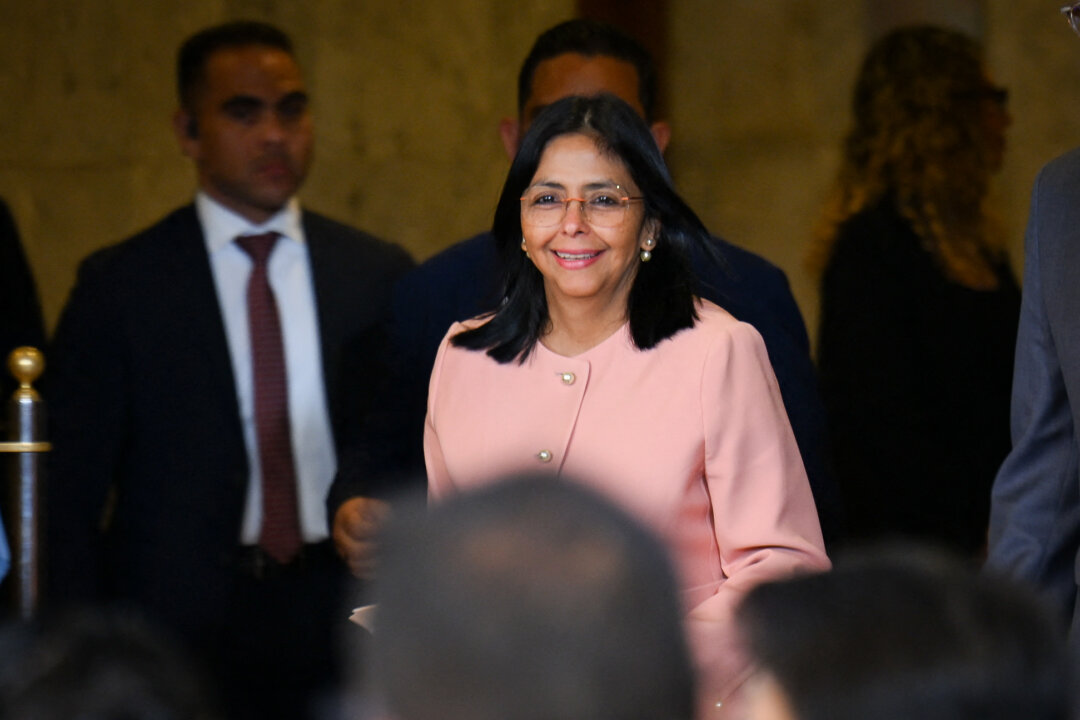UPDATE: The latest U.N. climate conference in Brazil has concluded without reaching a critical agreement to phase out fossil fuels, a major contributor to global warming. This urgent development leaves many nations frustrated and demanding more decisive action on climate change.
The talks, which wrapped up on November 22, 2025, featured participation from over 80 countries, including major players like the United Kingdom, Germany, and notable oil producers such as Mexico and Brazil. Despite their calls for a clear roadmap to transition away from coal, oil, and gas, the final agreement failed to mention fossil fuels altogether.
André Corrêa do Lago, president of the climate conference, acknowledged the disappointment among delegates. Many countries, particularly those most affected by climate change like Vanuatu, expressed the need for a more ambitious approach. Ralph Regenvanu, Vanuatu’s climate change minister, stated that the establishment of a new conference focused on fossil fuel phase-out is a key outcome from the talks.
The absence of the U.S. in the negotiations raised eyebrows, shifting the spotlight to China, the largest emitter of climate pollution. As the world grapples with rising temperatures, the failure to address fossil fuel reliance poses a significant setback.
Despite the lack of a definitive phase-out plan, the final agreement did emphasize the urgent need for “deep, rapid and sustained” cuts in greenhouse gas emissions. However, critics argue that without addressing fossil fuels, these commitments lack substance. Daniela Duran Gonzalez, head of international affairs for the Colombian Ministry of Environment, remarked, “There is no mitigation if we cannot discuss transitioning away from fossil fuels.”
The stakes are high, with the global temperature target of 1.5 degrees Celsius slipping further out of reach. Experts warn that to avoid catastrophic warming, countries must cut greenhouse gas emissions by 60% by 2035, a target that remains dauntingly ambitious.
Additionally, the final agreement called for tripling climate financing for developing nations to at least $300 billion annually by 2035. However, skepticism remains regarding the reliability of funding from wealthier countries, which have a history of failing to meet financial commitments.
As the world faces escalating climate impacts, the urgency of adapting to a hotter planet is more critical than ever. Countries must find ways to bolster resilience against severe weather events, with many calling for improved infrastructure and flood defenses.
With the conclusion of COP30, attention now turns to the newly announced conference in Santa Marta, Colombia, focused solely on phasing out fossil fuels. This initiative reflects growing frustration over the slow pace of progress in existing U.N. negotiations.
The global community watches closely as nations navigate the complex balance between economic stability and environmental responsibility. The outcome of these discussions will shape the future of climate action and the health of our planet.
Stay tuned for more updates as this story develops.







